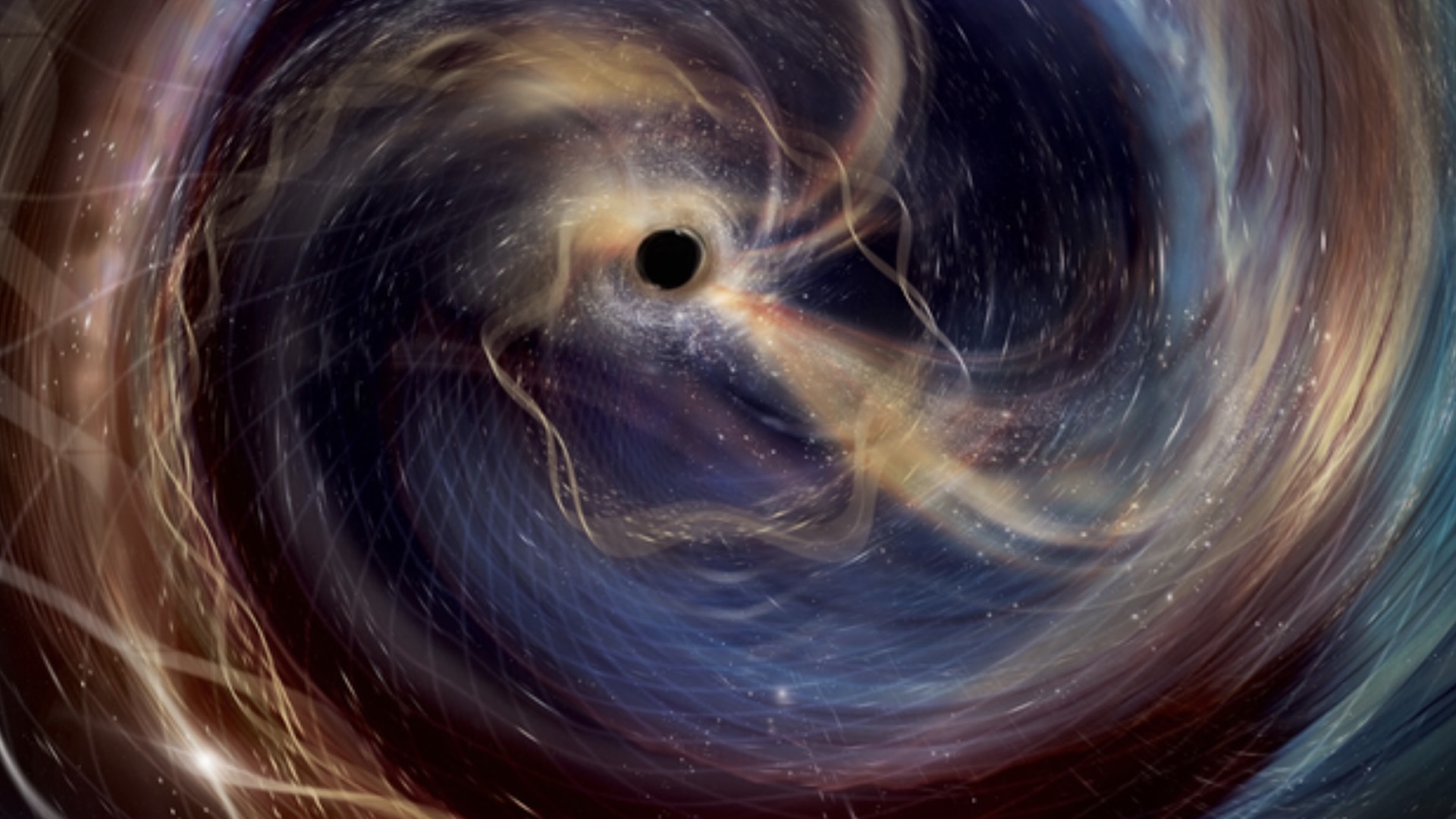
Flowers Could Become Extinct Before They're Even Discovered
The old saying, "You don't know what you've got 'til it's gone," may apply to the world's rare flowering plants.
Thousands of these rare flowering plant species worldwide, possibly 20 percent more than previously thought, may become extinct before scientists can even discover them, suggests a new study. (Scientists recently re-discovered a rare fern thought to be extinct.)
"Scientists have estimated that, overall, there could be between 5 million and 50 million species, but fewer than 2 million of these species have been discovered to date," said study co-author Lucas Joppa of Microsoft Research in Cambridge, England. Some estimates for undiscovered species range as high as 100 million.
"Using novel methods, we were able to refine the estimate of total species for flowering plants, and calculate how many of those remain undiscovered," Joppa said.
The scientists calculated that there are between 10 to 20 percent more undiscovered flowering plant species than previously estimated. Their work is based on data from the online World Checklist of Selected Plant Families at the Royal Botanic Gardens, Kew in the United Kingdom. The results are detailed in the July 7 edition of the journal Proceedings of the Royal Society B.
"We wrote the paper to help answer the obvious questions: How much biodiversity is out there, and how many species will we lose before they are even discovered?" said co-author Stuart Pimm of Duke University.
Habitat loss alone may threaten 30 percent of all flowering plants — both known and unknown — with extinction, the study suggests. That number may be even higher after factoring in climate change, said the study's authors.
Get the world’s most fascinating discoveries delivered straight to your inbox.
Habitat loss and climate change are both common threats to biodiversity. In the animal kingdom, habitat loss threatens coral reefs and climate change may wipe out many lizard species.
The new rare flowering plant estimate has "enormous conservation implications, as any as-yet-unknown species are likely to be overwhelmingly rare and threatened," Joppa said.
- 8 of the World's Most Endangered Places
- In Pictures: A Corpse Flower Blooms
- 101 Amazing Earth Facts
This article was provided by OurAmazingPlanet, a sister site to LiveScience.

